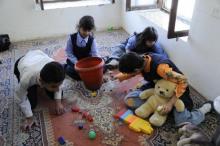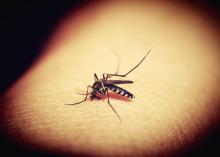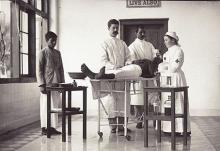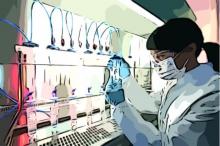यह सिर्फ़ आशंका है कि कोरोना की तीसरी लहर बच्चों को अधिक प्रभावित करेगी, लेकिन तैयारी ज़रूरी : डॉ भवनीत भारती
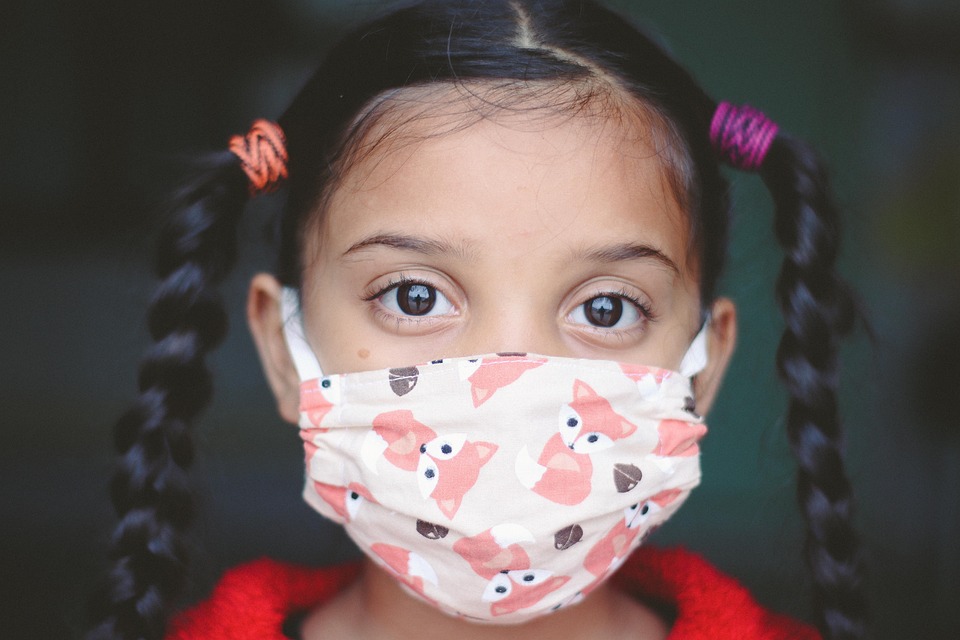
कोरोना की तीसरी लहर में बच्चों के अधिक संक्रमित होने की आशंका जताई जा रही है। इस आशंका को देखते हुए कुछ राज्यों ने तो अभी से तैयारी भी शुरू कर दी है। क्या इस तीसरी लहर को रोका जा सकता है? क्या वास्तव में यह बच्चों को अधिक संक्रमित करेगी? इस तरह के सवाल हम सबके मन में हैं। इन सब सवालों के जवाब जानने के लिए हमने बात की पीडियाट्रिशियन डॉ. भवनीत भारती से जो कि डॉ. बी आर अंबेडकर इंस्टीट्यूट ऑफ मेडिकल साइंसेस (AIMS), मोहाली, पंजाब की डायरेक्टर प्रिंसीपल हैं



